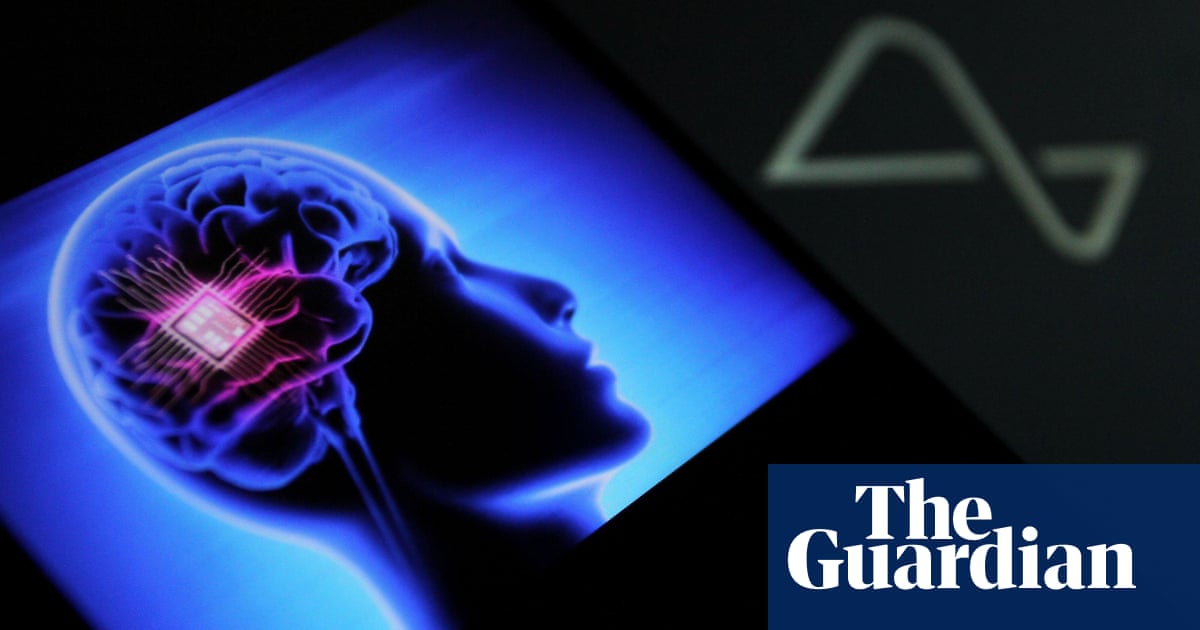Neuralink’s first attempt at implanting its chip in a human being’s skull hit an unexpected setback after the device began to detach from the patient’s brain, the company revealed on Wednesday.
The patient, Noland Arbaugh, underwent surgery in February to attach a Neuralink chip to his brain, but the device’s functionality began to decrease within the month after his implant. Some of the device’s threads, which connect the miniature computer to the brain, had begun to retract. Neuralink did not disclose why the device partly retracted from Arbaugh’s brain, but stated in a blogpost that its engineers had refined the implant and restored functionality.
The decreased capabilities did not appear to endanger Arbaugh, and he could still use the implant to play a game of chess on a computer using his thoughts, according to the Wall Street Journal, which first broke the news of the issue with the chip. The possibility of removing the implant was considered after the detachment came to light, the Journal reported.
Arbaugh’s implant began running into problems in late February, according to Neuralink’s blogpost, when an undisclosed number of the chip’s threads “retracted from the brain, resulting in a net decrease in the number of effective electrodes”. This decreased the device’s bits per second, which is essentially a gauge of how well the implant could perform its tasks.
after newsletter promotion
Neuralink, which Elon Musk owns and which was valued at about $5bn last year, has widely touted the success of its first implant, positioning itself as a world leader in brain-chip technology. Although the device is still in its early stages, the company’s disclosure brings more attention to the untested and complicated nature of the experimental procedure.
Neuralink’s implants function by embedding a small container in the skull that houses a processing chip and battery, along with 64 fine threads that connect with the brain tissue and interact with the neural signals it sends out. Arbaugh, who is quadriplegic, can control computer devices like a keyboard or mouse cursor with his implant.
Arbaugh praised the implant during a demonstration in March and said that it had “already changed his life”, while also stating that it had not been perfect and they “have run into some issues”.
Before Neuralink conducted its first human implant, it extensively experimented for years on animals including sheep, pigs and monkeys. Regulators have launched several investigations into the company’s practices at those animal testing labs, earlier this year saying that they found quality control and recordkeeping problems at one California research facility.

